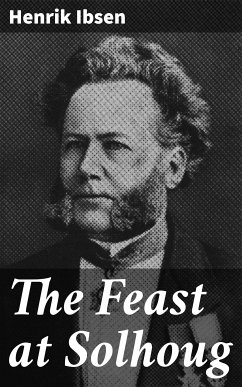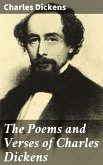In "The Feast at Solhoug," Henrik Ibsen presents a critical examination of societal norms through a blend of realism and psychological depth. Set against the backdrop of a family celebration, the play subtly unravels the complex dynamics of class, gender, and moral hypocrisy that permeate Norwegian society of the late 19th century. Ibsen'Äôs use of dialogue is both naturalistic and poignant, allowing the characters'Äô intricate personalities to emerge while they navigate their conflicting desires and societal expectations. The narrative, rich with subtext, challenges the audience to reflect on the facades that individuals maintain in the face of social conventions. Henrik Ibsen, often hailed as the father of modern drama, drew upon his experiences in a rapidly changing society to craft works that interrogate human psychology and social roles. His own life, marked by personal struggles and a keen observation of the evolving societal landscapes of Scandinavia, informed his exploration of themes such as individualism and moral ambiguity. Ibsen'Äôs earlier works laid the foundation for his profound critique of societal norms, culminating in plays like "The Feast at Solhoug." This compelling drama is a must-read for any connoisseur of literature interested in the interplay of personal aspirations and social ethics. Ibsen's keen insights resonate with contemporary issues, making the play not only historically significant but also profoundly relevant for today's readers. Its rich character development and thematic depth offer a lens through which to examine the enduring complexities of human nature.
Dieser Download kann aus rechtlichen Gründen nur mit Rechnungsadresse in A, B, BG, CY, CZ, D, DK, EW, E, FIN, F, GR, H, IRL, I, LT, L, LR, M, NL, PL, P, R, S, SLO, SK ausgeliefert werden.









